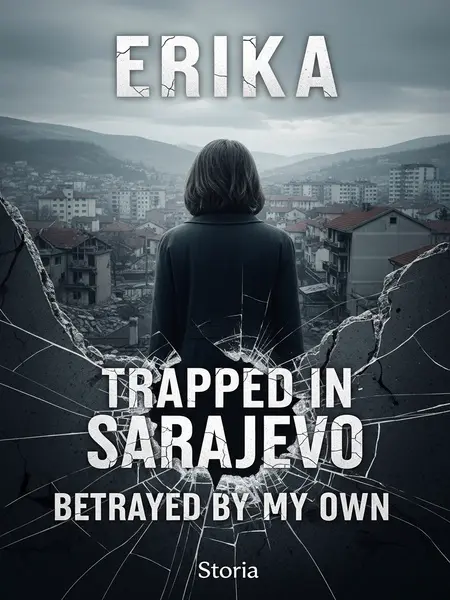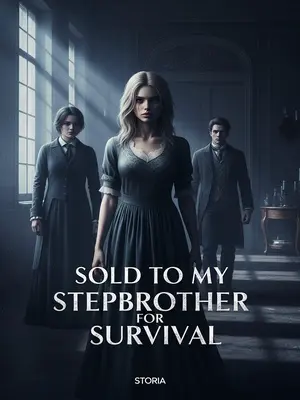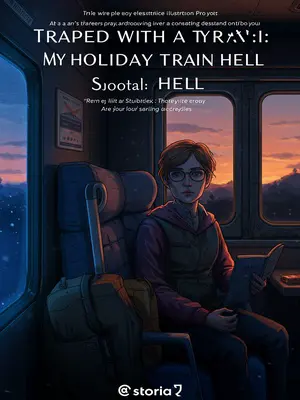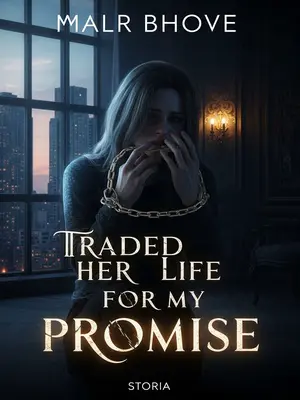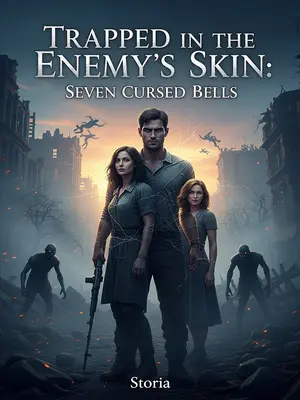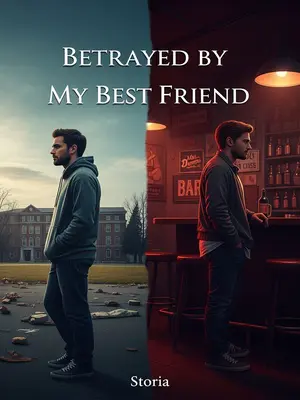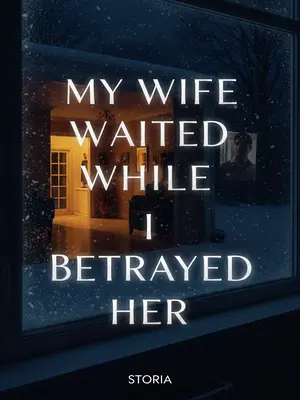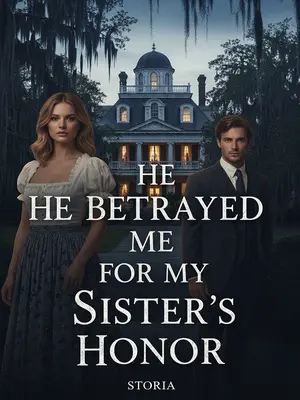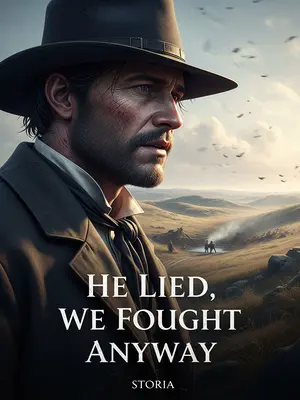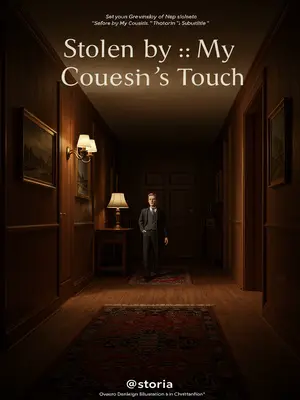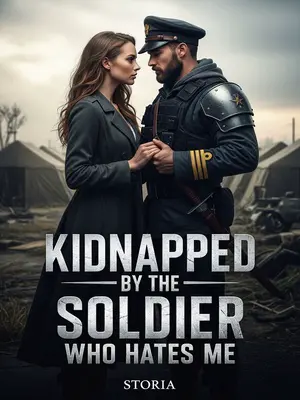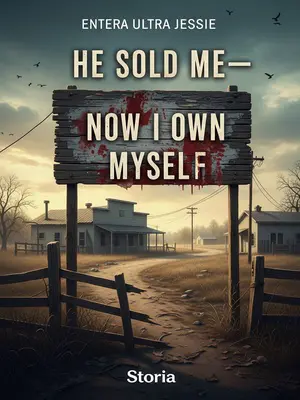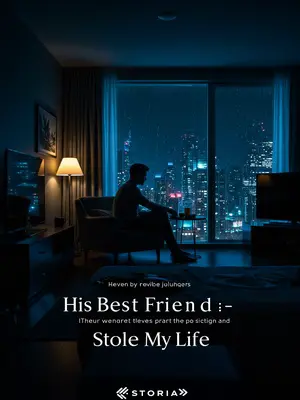Chapter 2: Descent into Hell
April 6, 1992. The police station was drenched in blood.
The morning was too quiet, broken only by the distant rumble of gunfire. Every shadow seemed to threaten.
That afternoon, Erika’s college called: pack up and go home. There were no online classes, just the stark reality that school was closed, maybe for good.
She was told flatly, “Pack up, go home, stay safe.” No one said if classes would ever resume. In the halls, friends hugged and cried, not knowing if they’d ever see each other again.
For a moment, Erika felt almost relieved—a childish hope that maybe this would all blow over, maybe she’d just get a week off. Denial was her only comfort.
On her way home, Erika passed the police station—hoping to spot her father, maybe get a ride. The station had always seemed solid, safe. Today, it looked like a fortress under siege.
But this was the last time they would meet:
A gang of masked rioters attacked the police station, some with white cloths wrapped around their heads—a strange, almost theatrical costume in Sarajevo. Even the city’s old men, Muslim or not, wore jeans and jackets. The getup was a prop, designed to confuse and incite hatred.
The slogans they screamed were empty: “Burn all heretics!” The crowd outside chanted like they were at a pep rally. Erika felt sick—she knew these weren’t real believers.
Her father stepped out, hoping his badge and authority could calm them. Arms raised, he tried to reason. But the leader just barked: “Hurry up! Take out the cops—blame it on the Muslims!”
Erika’s father realized—too late—there was no reasoning here, only rage. The logic was twisted: if all the police were dead, there’d be no one left to blame.
The rioters surged forward, pouring gasoline everywhere. Officers were tied up, doused in fuel. Erika watched from the shadows, heart in her throat, as her father was dragged away.
The ringleader walked up, sneered, and flicked a burning cigarette onto the gasoline. Flames exploded, rattling the storefronts. Black smoke curled above the city. Justice was dead in Sarajevo.
The police station vanished in fire. Erika’s world shrank to rubble and fear.
She tried to rush forward, but a stranger—a middle-aged woman—held her back. Erika kicked and screamed, sobbing, but the woman’s grip was iron. “No, child, you can’t help,” she whispered. Erika could only watch, wide-eyed, as her father and his colleagues vanished into the flames.
Some wounds can’t be put into words. Erika’s body trembled, her face frozen. Inside, she was screaming. Everything felt numb, her skin clammy, cold sweat trickling down her neck. Her mind flickered with memories—her father teaching her to ride a bike, Sunday afternoons at the park—now washed away by the horror in front of her. The world spun, distant and unreal, as if she were watching a nightmare on TV, unable to change the channel.
Before the fire was out, a politician arrived with a TV crew, pointing at the charred remains and blaming the Muslims. He gestured wildly for the cameras, staging the spectacle for the world.
He glared into the camera, voice shaking with rage: “It’s time to punish the murderers. Pick up your guns. Make them pay. Kill a Muslim and get 800 marks!”
A bounty, broadcast live. The effect was immediate.
People who’d never held a gun now carried rifles, faces twisted with fear and greed. The rules had changed. Everyone knew it.
News of the police station attack spread fast. Some started packing to escape; others, lurking in the dark, saw a chance—now you could get paid for killing and burning. Wasn’t that great?
There were whispers everywhere. Some packed bags, others sharpened knives. The city’s fabric unraveled by the hour.
The battle royale began.
It was every person for themselves—neighbors eyed each other, locks double-checked, even the friendliest faces became threats.
Erika and her mother had no time to grieve. Without her father’s protection, they had to run.
They moved frantically, stuffing photos and bread into a backpack. No time for goodbyes, no time to mourn.
Outside, the hunt had begun; rioters shot anyone on the street.
Gunfire echoed block to block. Streets once filled with children playing soccer were now killing fields.
A Muslim was worth 800 marks. Anyone could be a target—as long as they were dead.
The dead can’t speak. And the living were too scared to try. Silence was survival.
So-called ethnic massacre was just a pretense; in the slaughter, there were only two kinds of people: hunters and hunted. And nobody cared who you were, as long as you bled.
Early morning, April 7, 1992. Trust no one.
The dawn was gray, the city silent except for distant gunfire. Erika and her mother huddled in the kitchen, flinching at every sound.
The doorbell rang. Erika peered through the scratched peephole, holding her breath. Every instinct screamed to stay hidden.
It was Uncle Marko, her father’s old colleague—a big, broad-shouldered guy who always made Erika laugh. For a second, hope flickered.
After a night of terror, a familiar face was almost too much to bear. Erika felt her guard drop.
Marko had brought a few strangers. He said, "We don’t have much time. These guys are with me—we’re getting you out. Now."
His tone was urgent, the men behind him shifting, avoiding her gaze. Erika wanted to believe.
Whenever she told this story later, Erika would choke up, muttering, "Trust no one. Trust no one..."
She opened the door. Everything changed. The men surged in, pushing Erika and her mother back.
A slap sent Erika reeling, her head spinning. Hands grabbed at her, tearing her clothes. She tasted blood, her vision blurred. It was a nightmare, only worse—because it was real.
The men didn’t care about her mother’s pleas. Erika and her mother were pinned to the table, their cries ignored. Erika drifted in and out, her mind separating from her body. She felt numb, cold sweat running down her back, every sound echoing in her skull. Images of her childhood—her mother’s laughter, her father’s gentle hand—flashed and vanished, replaced by pain and shame. She wasn’t even sure if she was awake.
It made no difference if Erika opened the door or not. They would have come in eventually. The doors in Sarajevo weren’t built to keep out monsters.
Crowbars, hammers, even sledgehammers—nothing could stop men with guns and no conscience. Home was no sanctuary now.
Desperation breeds ingenuity. Crowbars, drills, even explosives—all used to smash open doors.
The night sky echoed with the heartbreaking cries of women. The men outside didn’t believe in karma; for them, suffering was sport.
Unable to fight, Erika’s mother clung to her cross, muttering prayers. Her hands shook so badly the beads rattled. She begged God for a miracle, for justice, for strength.
Her voice was faint, but she kept praying, as if faith alone could turn back the clock. In her mind, fragments of happier times flashed by—her wedding day, Erika’s first steps, Christmas dinners filled with laughter. She tried to cling to those memories, but they slipped away, drowned by horror.
The men sneered, mocking her faith. Nothing was sacred now.
"Keep praying. Even if the Virgin Mary herself comes tonight, you’re not leaving," one sneered, spitting on the floor.
Their laughter was hollow, echoing in the ruined church.
No one knows who came up with it, but Erika’s mother, a devout Catholic, was dragged to the church and tied to the altar—a humiliation staged for a jeering crowd.
The church, once peaceful, became a theater of cruelty. People jeered, snapped photos, darkness absolute.
The more she struggled, the more excited the crowd became. When she fainted, they revived her with buckets of ice water, prolonging the torment. The stained glass shimmered in the candlelight, throwing grotesque shapes on the walls.
One woman wasn’t enough. The rioters left in packs, searching door to door for new prey.
They competed in cruelty, turning the night into a contest of depravity. In one night, faith, community, and decency were smashed to pieces.
All the talk of extreme nationalism was just a political excuse for animal desires.
Politics, brotherhood, doctrine—it was all meaningless. Only brute force mattered now.
When it was over, the rioters gave the night a name—a sick joke, twisting history into their own badge of shame.
They called it Crystal Night—a sick joke, twisting the memory of Nazi Germany’s Kristallnacht into their own badge of shame. The shattered glass sparkled in the streets, but it was nothing compared to the lives broken that night.
April 7, 1992: hell on earth.
The sun rose over a city in ruins. Smoke hung in the air, streets littered with glass, broken furniture, and bodies. Survivors moved like ghosts.
The rioters slunk away, leaving a trail of destruction. The silence was suffocating, as if the city itself was holding its breath.
Victims huddled together, numb. Some tried to bandage wounds, others just stared into nothing.
But the rioters didn’t care—this was their playground now.
Erika’s mother, broken in body and spirit, wandered away from home. Shame and grief mixed, leaving her lost.
She wandered the streets, muttering, clutching her cross. Her hair was tangled, clothes torn. People averted their eyes.
Suitcases and bodies covered the streets. Some of the dead still clutched their passports, as if hoping to leave one last time.
Some survivors tried to escape at dawn, thinking the killers would be too tired to notice.
But snipers watched every street. The besiegers weren’t letting anyone leave alive.
Bullets don’t care about ethnicity, age, or gender. All escapees were shot—no exceptions.
From the roof of the Sarajevo Daily building came a sharp crack—a sniper’s rifle.
Erika’s mother fell, blood pouring from her thigh. By some miracle, the bullet missed the bone.
The shot woke Erika. She saw her mother twitching in the street, blood pooling beneath her. Erika tried to move, but pain and exhaustion held her down. She could only cry, fists pounding the floor, helpless.
Humanity had been erased in one night. Was there still hope?
Despair filled every corner. Yet even now, something inside Erika refused to give up.
Sometimes hope is a stubborn weed, growing in the cracks of the worst circumstances.
Across the street, Josip—the last doctor in the neighborhood—couldn’t stand it anymore. He’d once coached Little League, handed out lollipops to sick kids. Now he whispered his oath: “Doctors must not abandon any suffering patient.”
He threw on his blood-stained coat, ran out waving his hands. “I’m a doctor!” he shouted, praying the sniper would respect the Geneva Convention.
But as he reached Erika’s mother, another shot rang out. The bullet hit him in the abdomen. His white coat turned crimson. Josip tried to crawl forward, but collapsed.
Erika realized her mother had been left as bait. The sniper had shot to wound, not kill, drawing out rescuers one by one.
The street became a snare. Each cry for help lured another victim. The lesson was cruel and quick—help and die, or stay silent and live with guilt.
Survivors hid behind curtains, hands over mouths, tears streaming. Even compassion was now a death sentence.
Erika, remembering her father’s lessons, wiped her tears and set her jaw. She had to fight back. She crawled to the bedroom, found her Remington 700 hunting rifle—her coming-of-age gift. The rifle felt heavy, her hands shaking as she loaded it.
Through the scope, she spotted the sniper—relaxed, waiting for his next victim. Erika’s finger trembled on the trigger. One shot, one life—her world would never be the same. She squeezed. The bullet found its mark. The sniper slumped, dead before he knew what hit him.
April 7, 1992: Erika got her first kill.
But it was too late. She lost her mother, and the neighborhood lost its last doctor. Hospitals became morgues; nurses and doctors were gunned down. Only those who honored the Geneva Oath until death remained.
Now, everyone understood: helping the wounded in the street would get you killed too. Heroism became a liability, compassion a death sentence. Survival meant shutting your eyes and locking your heart.
April 8, 1992: resistance.
The city woke up changed. Survivors were harder, colder, more determined. Something new was brewing: resistance.
Someone knocked at Erika’s door. Though her legs barely worked, she dragged herself up, rifle ready. "One step closer and I’ll shoot. Try me."
Yesterday, her carelessness had gotten her parents killed. She’d never forgive herself, but now that guilt was a shield.
In one night, the naive girl became a survivor. She could no longer trust anyone.
After a tense standoff, Erika fainted. When she woke, dusk had fallen. She was in bed—upstairs neighbors Mr. and Mrs. Novak caring for her. Mrs. Novak wiped her forehead; Mr. Novak, a retired Army sergeant, guarded the door with his shotgun.
Last night, the rioters had pried at their door, but seeing a wall of medals—Silver Star, Purple Heart—they claimed they had the wrong house.
Everyone knew: you didn’t mess with old soldiers.
But tonight might be different; this group might come back with guns. The Novaks laid out rifles, checked ammo, and prepped for a siege.
Now, everyone understood: only by uniting could they survive.
The veteran gathered all survivors in the building. Men picked up guns, women built fortifications. Last night’s pain was set aside—survival drove them.
Mattresses and wardrobes blocked windows, corridors barricaded, only small firing holes left at the corners. In the laundry room, Mrs. Novak led an assembly line, filling bottles and teaching neighbors to make Molotov cocktails. Someone passed around a battered pack of Marlboros, hands shaking as they lit up. The smoke was sharp, almost comforting.
In a single day, Sarajevo had rearmed itself. The word was out: "We fight or we die."
No longer were the rioters the only ones with weapons. When they swaggered down the street, they became targets—flashlights and torches marking them for snipers among the survivors. Mr. Novak took out two men before they knew what hit them. The darkness was now on the defenders’ side.
The rioters, panicked, fired blindly into the night. In the end, they dragged away their dead, their bravado shattered.
That night, the survivors were temporarily safe. They tended wounds, shared food, and whispered thanks for another night alive. There was no celebration—only relief.
Does it seem like things are about to get better?
It never works that way—not here. Every victory brings new danger.
Revenge only brought stronger oppression. The rioters would return, angrier and better armed. The survivors steeled themselves.
Seeing his plan frustrated, Karadzic raged in his bunker. He ordered heavy artillery to Sarajevo. Convoys of tanks and howitzers rolled in.
If bullets couldn’t do it, he’d use cannons. The first to suffer was the Sarajevo Olympic Village, where Erika lived.
Nine years earlier, Sarajevo had hosted the 14th Winter Olympics. Americans remembered the opening ceremonies, the fireworks, the hopeful faces of athletes. Now, those same streets would run red with blood.
